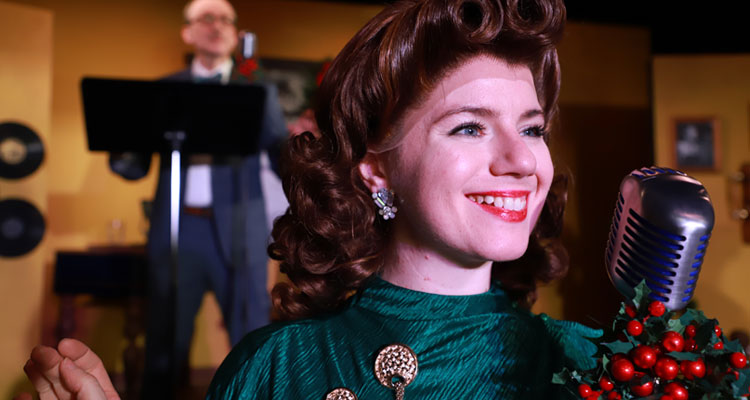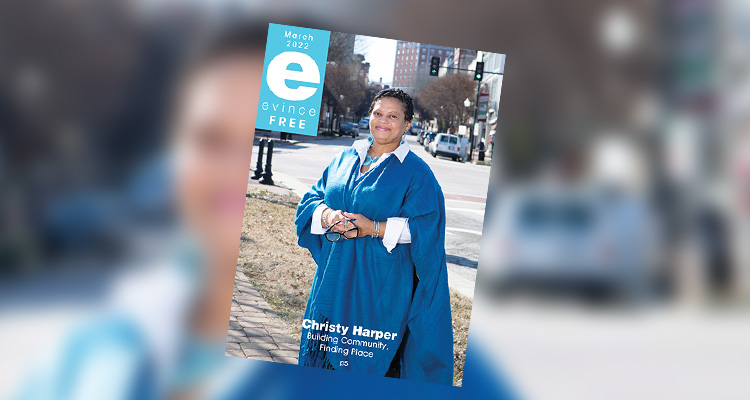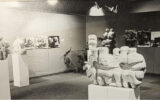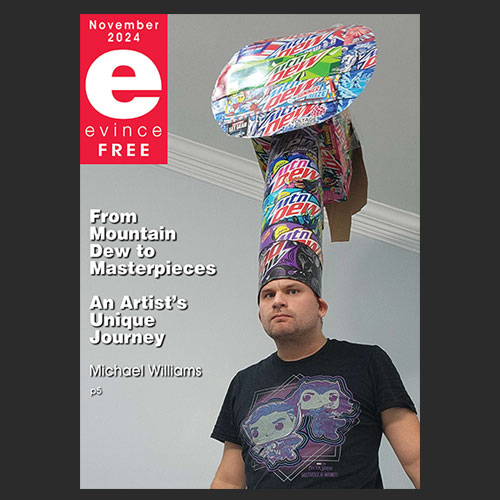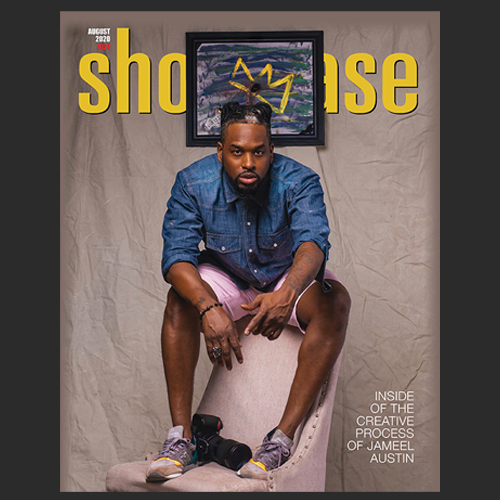Oliva Richardson describes herself as a bohemian, personally and professionally. “I think most actors would. I’ve had the good fortune to work with all kinds of people, in all kinds of places, doing all kinds of things. I grew up in Orlando, Florida, which has an awesome melting pot of opportunities and experiences for kids who are interested in the arts,” she added.
Richardson began acting at age 9 in a production of Jack and the Beanstalk. “I played Jack’s grandmother. It was a school play, but it was thrilling nonetheless.” A mishap nearly derailed the show. The actor playing Jack forgot his lines, and the cast had to wing its way through the rest of the play. “It was terrifying and amazing, and I was completely hooked.”
Even though her first role was at age 9, Richardson caught the acting bug earlier in life. “When I was 3, I was obsessed with the film adaptation of Hello, Dolly! starring Barbra Streisand. I knew every song, dance, and line by heart. I remember saying, early on, I wanted to be an actor.”
A year after her first role, Richardson discovered Lucille Ball. “Not just her I Love Lucy persona, but Lucille Ball, the actress. She had an amazing dramatic film career pre-television.” Studying Ball’s life and body or work taught Richardson the craft of acting. She cites that realization as the catalyst for wanting to train.
Richardson approaches a role from a standpoint of adaptability. “The one thing I always do is get the script out of my hands as soon as possible. That way I have total freedom to play and explore without using up so much mental bandwidth trying to find the lines on the page,” she added. For some roles, Richardson relies on personal experience. “Let’s say I’m playing a character who’s 27, a grad student, and has just broken off her engagement. Okay, I, Olivia the actor, know what it’s like to be in my late twenties, I know what it’s like to be in high-pressure academia, and I know how it feels to be heartbroken… I can find my way into this role fairly easily.” Other roles require a different approach. Richardson said, “If I’m working on a Shakespeare production, I root everything in the text. There’s technique involved, and you have to learn what you should look for in his text, learning how to use the language, but he wrote everything the actor needs on the page. Once you learn how to use the tools in the Shakespeare toolbox, you’re just going on a treasure hunt through Julius Caesar or Twelfth Night.”
Richardson relies on Sanford Meisner’s definition of acting, “Acting is living truthfully under imaginary circumstances,” to make a role believable. She added, “The key word here is ‘living’ because it removes the element of performance altogether. When we use that word, performance, or the word acting, we’re sort of implying that we’re doing something other than telling the truth, which is exactly the opposite of what we want to do as actors.” Richardson works in service of a story and tells it as honest as possible. “There again, I think crafting a believable performance is determined by the requirements of the show. There’s no one-sizes-fits-all answer.”
Richardson is also putting the pen to paper. She is in the early stages of writing a one-woman show about Mary Anderson. “She was a Shakespearean actress who toured the US and UK in the late 19th century. I hope to produce that sooner rather than later,” Richardson said.
Recently, Richardson moved to New York hoping to build a solid network of collaborators. “I’ve had some great auditions. I’m in callbacks for a couple of different projects, and I’m honestly just looking forward to telling more stories!”
